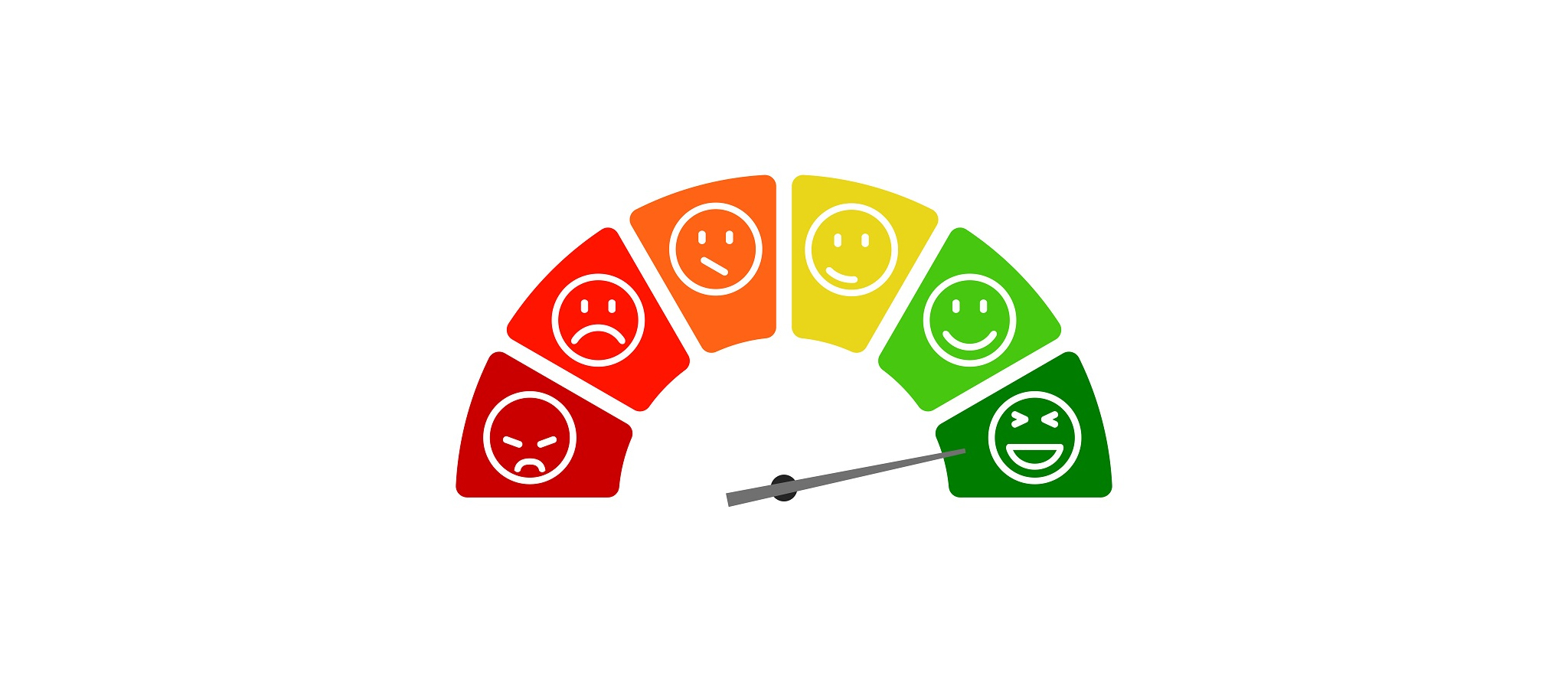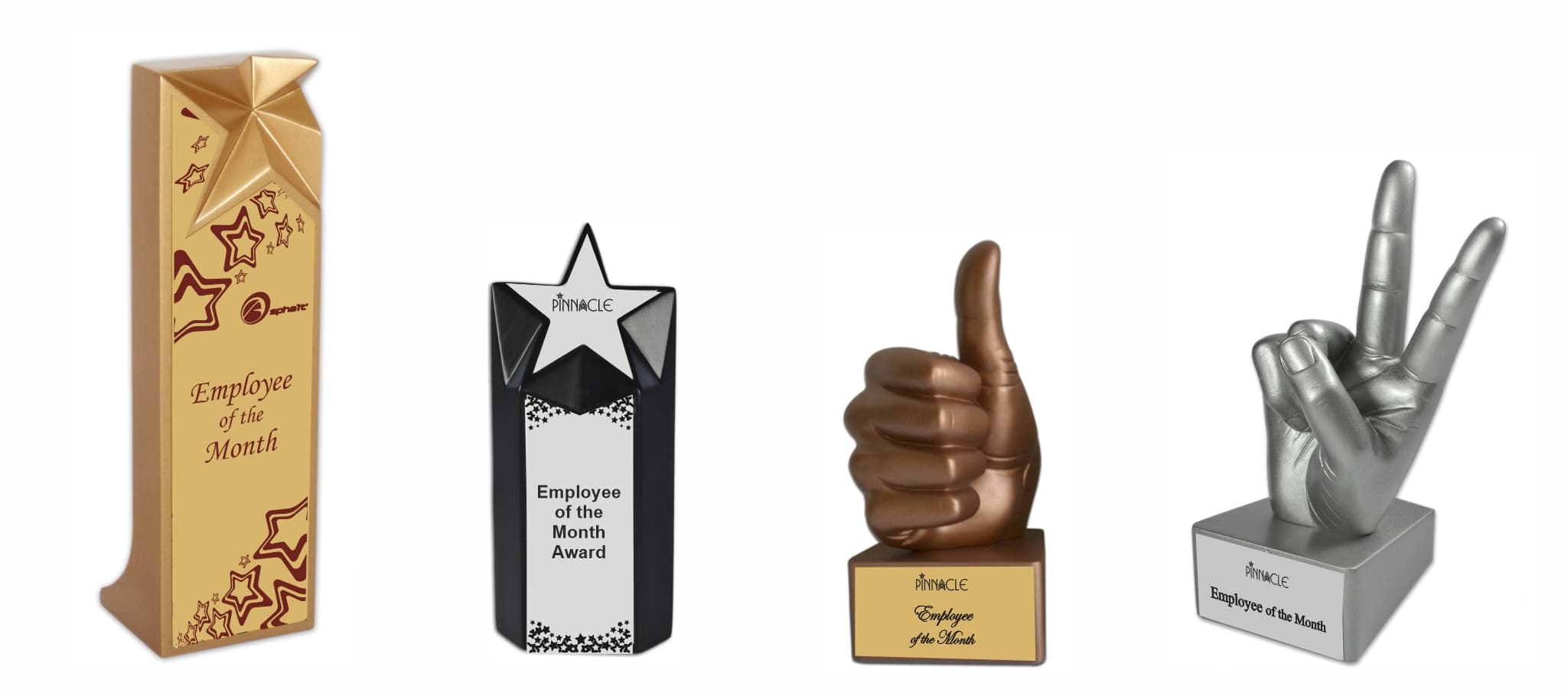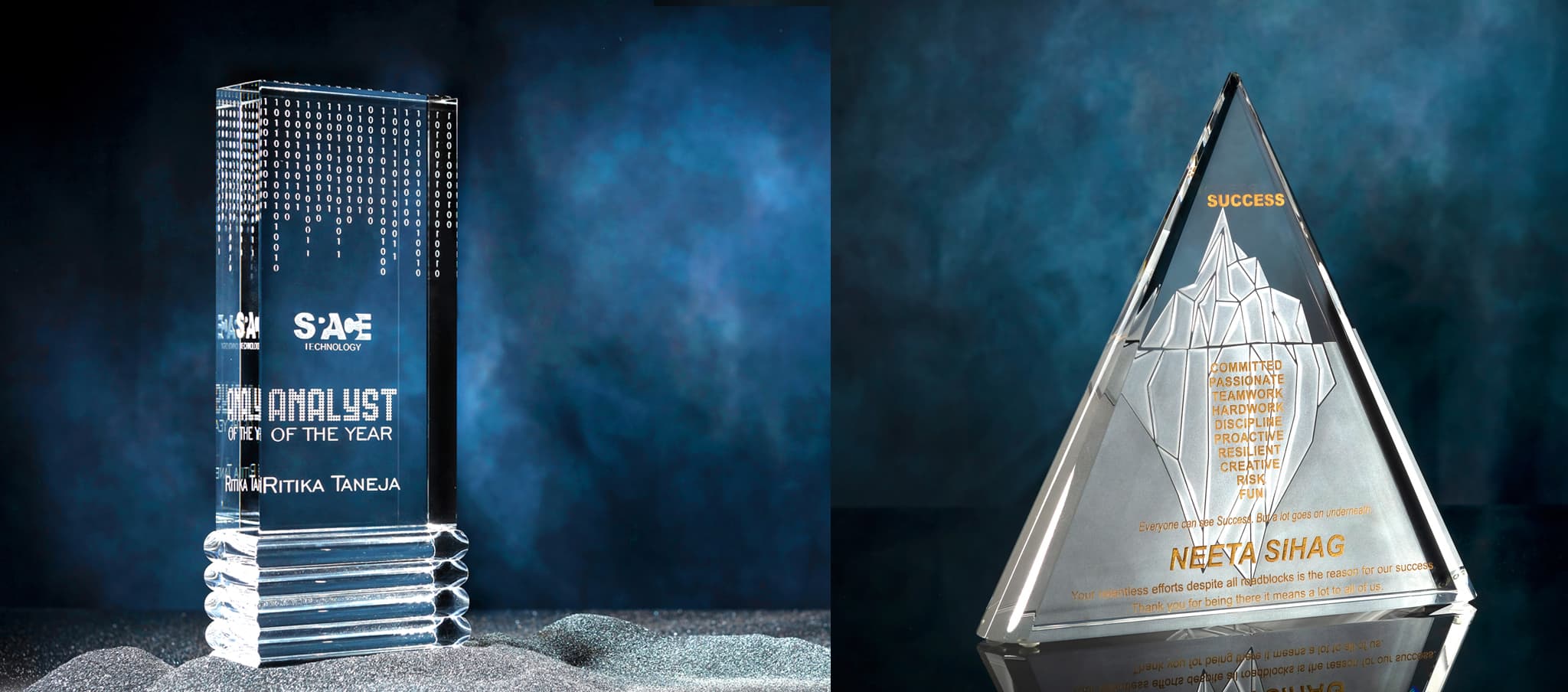When dealing with people, remember you are not dealing with creatures of logic, but creatures of emotion.” Dale Carnegie
Human Beings Crave Recognition.
According to a Dale Carnegie Training survey of over 4,500 employees across 28 countries about their workplace engagement show that companies with engaged employees outperform others by a whopping 202%!
And what is the driving force behind this engagement? According to the white paper Emotional Drivers of Employee Engagement from Dale Carnegie Training, ‘being valued’ is the golden ticket to employee engagement.
(Source:https://www.dalecarnegie.com/en/resources/emotional-drivers-of-employee-engagement)
According to research by the American Psychological Association, 93% of employees who felt valued at work reported being motivated to perform their best while 88% expressed a strong sense of engagement. So recognising and appreciating employees is a total game changer.
Gallup identifies recognition as one of the easiest strategies for organizations to boost morale and productivity. The benefits? Motivated employees, a sense of accomplishment, feeling valued, boosted engagement, increased productivity, and company loyalty on the rise.
So what is it about recognition and appreciation that makes the heart flutter and uplifts the mood?
Mastering the psychology of rewards and recognition is essential for leveraging it to your benefit and gaining a competitive edge.
We’re familiar with the emotions that arise when someone praises or publicly recognizes our efforts. Typically, there’s an instant surge of joy and other positive emotions.
But what is actually going on in the brain? What’s happening at a deeper level?
Recognition builds esteem
In Maslow’s hierarchy of needs, compensation and benefits meet the basic human needs of safety and physiology at the bottom of the pyramid.
(Pic courtesy: https://www.forbes.com)
The fourth level in this hierarchy is that of esteem. It includes self-worth, accomplishment, and respect.
Esteem needs, as categorized by Maslow, fall into two groups:
- 1. Esteem for oneself
- 2. The longing for reputation or respect from others
Self esteem comes from knowing you’re part of something important and that others see and appreciate what you do. At work, it’s vital to feel like you’re growing, achieving things, and that your efforts are noticed by your colleagues. When people regularly recognize and appreciate the tasks you do, it gives you a big boost. This recognition not only motivates you but also makes you perform better and be more trustworthy at work.
Hormones
There’s been a lot of talk lately about the “feel good” chemicals in our brains. When someone is recognized and appreciated, their brain releases positive chemicals like dopamine, oxytocin, and serotonin.
The ‘Reward’ Hormone or ‘Habit Former’
First up, dopamine. It’s a neurotransmitter that gets released when we feel positive emotions, and is a key player in the brain’s pleasure and reward system. Recognition is connected to employee performance because it triggers the release of dopamine.
Recognition and gratitude have been shown to boost activity in the hypothalamus leading to improved regulation of sleep, reduced aches and pains, and increased overall energy, improving both the quality of work and productivity.
According to Psychology Today, regularly practicing gratitude and experiencing increased dopamine levels can contribute to better health and increased happiness.
When we receive appreciation, specific areas of the brain linked to dopamine are directly activated. Dopamine not only makes us feel good but also motivates us to repeat the actions that earned us recognition. The brain is saying – do that again!
The ‘Love Hormone’
Oxytocin, affectionately known as the “love hormone,” is a hormone that our bodies release in response to social bonding, love, and feelings of appreciation. When we experience moments of connection or receive genuine appreciation, oxytocin levels rise.
This hormone plays a crucial role in building trust and fostering a sense of camaraderie among employees. In the workplace, an environment where individuals feel valued and appreciated can lead to stronger interpersonal connections, improved teamwork, and a more tightly-knit, collaborative workforce. Oxytocin, in essence, acts as a social glue that binds individuals together, contributing to a positive and supportive work culture.
The ‘Mood Regulator’
Serotonin is a neurotransmitter that influences mood and well-being. When serotonin levels are elevated, employees tend to experience improved mood, reduced stress, and an overall sense of contentment. In a professional setting, this translates to a workforce that is more engaged, motivated, and productive. Employees with higher serotonin levels are likely to approach their tasks with a positive mindset, contributing to a healthier work environment and enhancing the overall quality of their work. The feel-good effects of serotonin create a positive feedback loop, encouraging sustained engagement and productivity in the workplace.
It Doesn’t End There…
What’s noteworthy is that the positive impact of recognition extends beyond the recipient; it also influences the person expressing appreciation. Research suggests that the act of giving recognition triggers the release of neurotransmitters associated with pleasure and reward in the brain. This dual benefit creates a harmonious cycle where both the giver and receiver experience a heightened sense of well-being. In essence, fostering a culture of gratitude in the workplace becomes a mutually enriching dynamic, contributing to a more positive and rewarding work environment overall.
Why Does All This Matter?
When you piece all this together, it becomes clear how workplace appreciation can significantly impact a person’s happiness and well-being, both in the immediate moment and over the long term.
As we dig deeper into human psychology, we gain insights that enable us to make positive changes in our lives and workplaces, tapping into the full potential of the brain.
So when a company initiates a recognition program based on contemporary psychological research and people appreciate others, engagement and trust scale to new levels. This elevation in trust and engagement has a ripple effect, improving productivity and engagement, thereby increasing the psychological capital of the entire team.
To actively promote a culture of recognition, and take full advantage of the neural research and knowledge, consider investing in employee awards from Pinnacle. Let recognition be more than words and let your office be a happy place for all. Talk to Pinnacle today!










